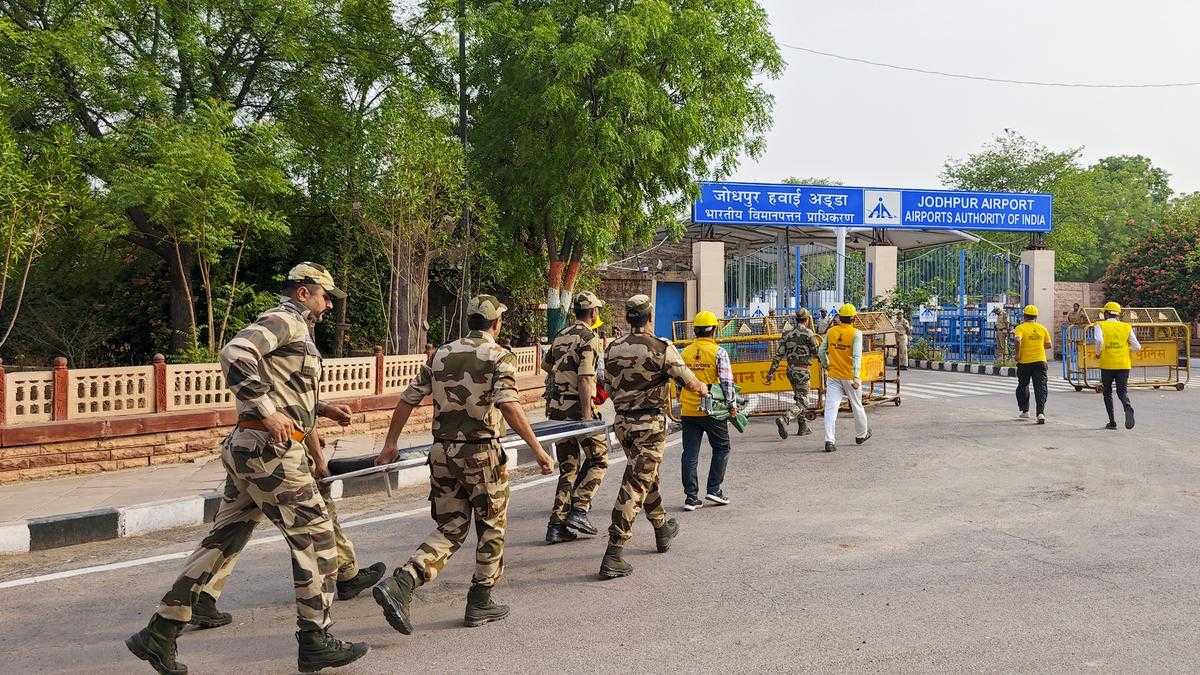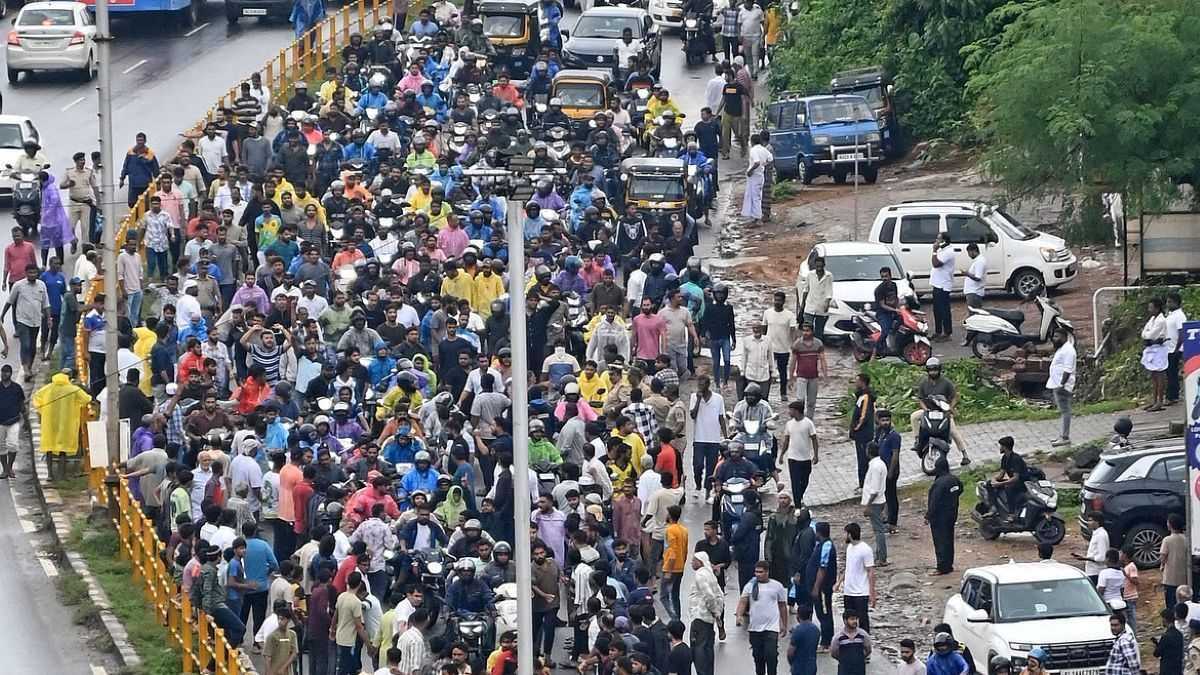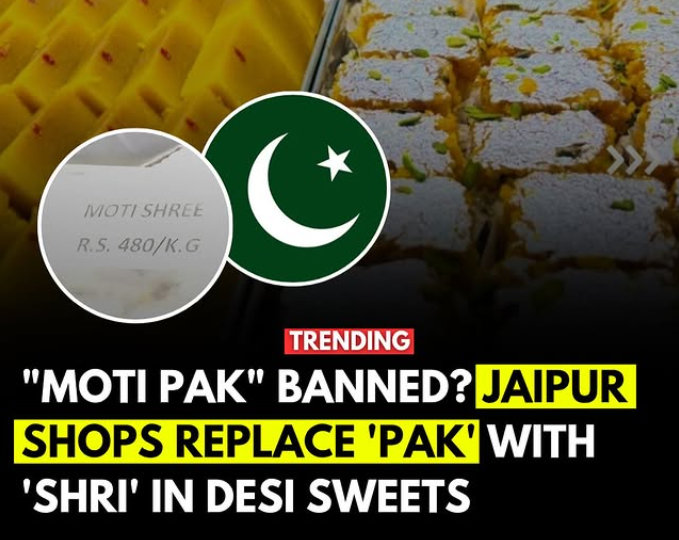
In a shocking turn of events that has ignited debates on political morality and accountability across Madhya Pradesh, a viral video allegedly featuring Manoharlal Dhakad—an influential local political figure—engaged in a sexually explicit act with a woman on the Delhi-Mumbai Expressway has surfaced online. The video, reportedly captured on May 13, 2025, near Mandsaur, rapidly gained traction on social media, sparking widespread outrage and forcing law enforcement to intervene.
As the explicit footage circulated, citizens and political analysts alike began raising serious concerns over the behavior of public representatives and the need for transparency in political affiliations. The scandal has not only marred Dhakad’s personal image but has also stirred conversations about the broader state of ethics in Indian politics.
The Shocking a viral video and Immediate Fallout: Manoharlal Dhakad
The footage in question allegedly shows Manoharlal Dhakad in a compromising situation with an unidentified woman inside a parked vehicle on the busy Delhi-Mumbai Expressway—a major national highway that connects the political and financial capitals of India. As per initial reports, the video was recorded by bystanders who spotted the unusual activity and reported it to the authorities.
#Madhya Pradesh | BJP leader Manohar Dhakad arrested in Mandsaur in connection with viral pornographic video.#MPNews #manoharlaldhakad pic.twitter.com/N0stJdtoDV
— Pasha Nadeem (@PashaNadeem3) May 26, 2025
Source: Pasha Nadeem
Shortly after the video went viral, local police registered a First Information Report (FIR) under sections pertaining to public obscenity and obstruction of public movement, which are cognizable offenses under Indian Penal Code. Dhakad was subsequently arrested on May 25, 2025. However, due to the nature of the charges—categorized under bailable offenses—he was granted bail soon after his arrest.
You can learn more about obscenity laws in India through official government portals.
BJP Distances Itself Amid Political Storm
As the video gained attention, the Bharatiya Janata Party (BJP), the ruling political party both in Madhya Pradesh and at the Centre, was quick to issue a public clarification. According to a statement from senior BJP spokespersons, Manoharlal Dhakad is not an active or primary member of the party.
However, complicating matters is the fact that Dhakad’s wife, Sohan Bai Dhakad, is a BJP-backed district panchayat member from Mandsaur. Critics argue that this indirect connection undermines the BJP’s denial and raises questions about how closely the party vets individuals associated with it at the grassroots level.
Source: India Today
Despite the party’s claims, opposition leaders have accused the BJP of allowing individuals with questionable moral character to thrive under its umbrella. The Indian National Congress, the primary opposition party in Madhya Pradesh, issued a strong statement urging the ruling party to take responsibility and reevaluate the candidates it supports in local elections.
For further reading on political ethics and party accountability, click here for a critical editorial by Economic and Political Weekly.
Public Reaction and Media Frenzy
The general public has reacted strongly to the incident, especially on social media platforms like Twitter, Instagram, and Facebook, where hashtags like #ManoharlalDhakad and #PoliticalShame trended for hours. Citizens expressed dismay over the decline of moral standards among those who aspire to public office, particularly in smaller towns and rural constituencies where local leaders often wield immense influence over the lives of residents.
Major media outlets such as NDTV, India Today, and The Quint have reported extensively on the case, adding further pressure on political parties to take a more responsible approach when endorsing candidates at any level of governance.
Read more from NDTV’s report on the incident.
Legal Proceedings and Ongoing Investigation
After his arrest and subsequent release on bail, Manoharlal Dhakad has remained relatively silent. The police, however, have continued to investigate the origin and dissemination of the video. Authorities are looking into who recorded the footage, how it was circulated, and whether any privacy or surveillance laws were breached in the process.
Legal experts have pointed out that while public obscenity is a punishable offence, issues such as consensual behaviour in private settings often lie in legal grey areas, especially when recorded without consent. Yet, the setting—a public expressway—leaves little room for defending the act as private.
To understand more about Indian privacy laws and public behaviour regulations, refer to the Information Technology Act, 2000, and its recent amendments.
Ethics and Accountability in Indian Politics
The Dhakad controversy has once again raised crucial questions: What moral standards should public figures be held to? Should political parties bear responsibility for the conduct of those associated with them—directly or indirectly?
Analysts argue that India’s decentralized political structure, especially in panchayat and municipal bodies, often leads to under-the-radar political players gaining influence without thorough background checks. This case is a reminder of the need for stricter candidate vetting and clearer codes of conduct for all public office aspirants.
The Election Commission of India has, in the past, pushed for reforms that would require all political parties to disclose detailed profiles and criminal records of their candidates. Learn more about these reforms on the Election Commission’s official site.
Conclusion: A Call for Higher Standards
The scandal surrounding Manoharlal Dhakad is not just a case of individual misconduct—it is a reflection of a deeper crisis in India’s political and moral ecosystem. As the investigation unfolds, the incident should serve as a wake-up call for political parties to enforce stricter accountability measures.
The public deserves representatives who embody integrity and decency, especially when entrusted with positions of power. In an age where digital exposure is swift and unforgiving, the actions of political figures are no longer confined to local whispers—they become national debates.
As India continues to strengthen its democratic fabric, stories like these must not be brushed aside as isolated events. They should fuel long-overdue conversations about reform, responsibility, and respect for the office that public servants are elected to uphold.






